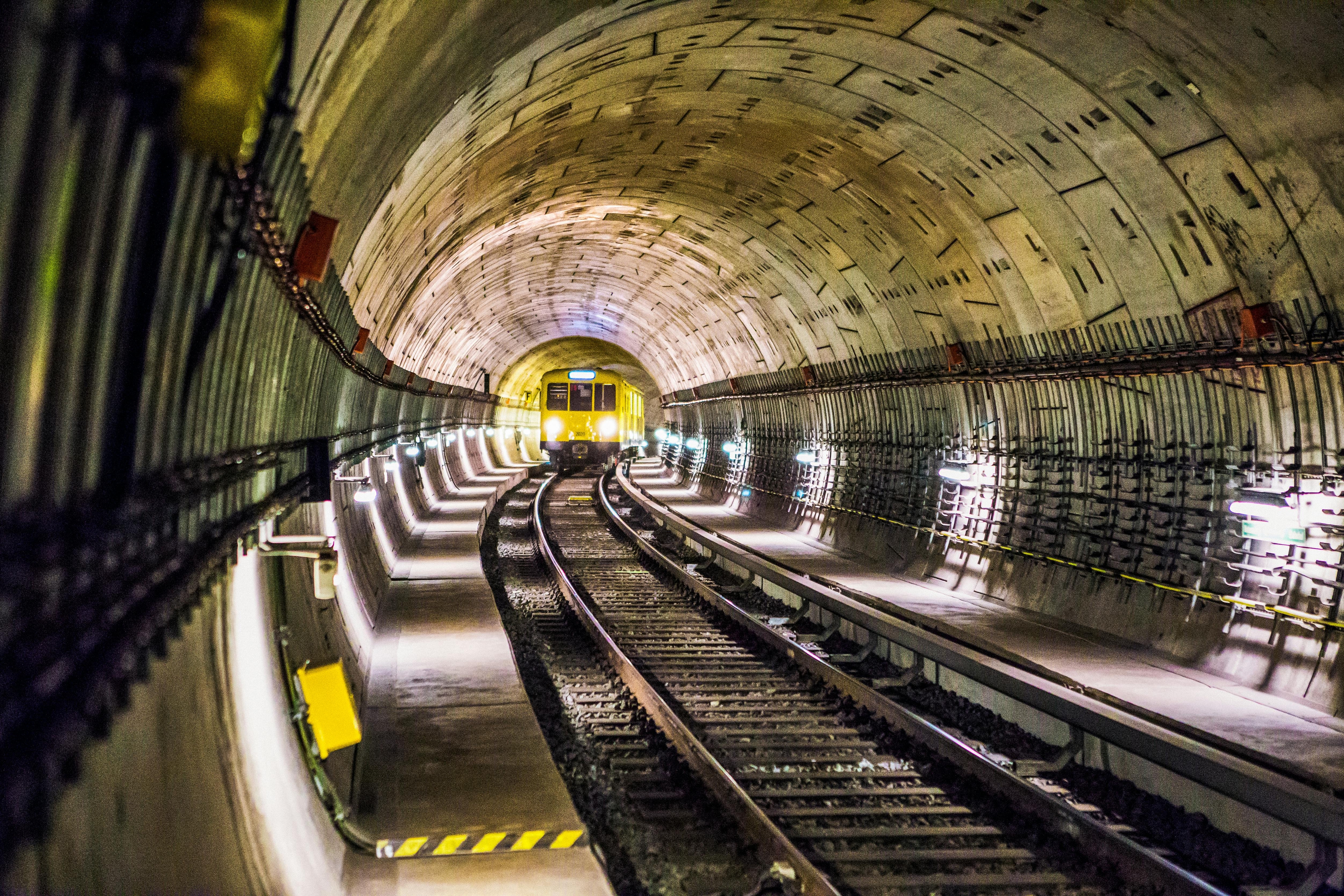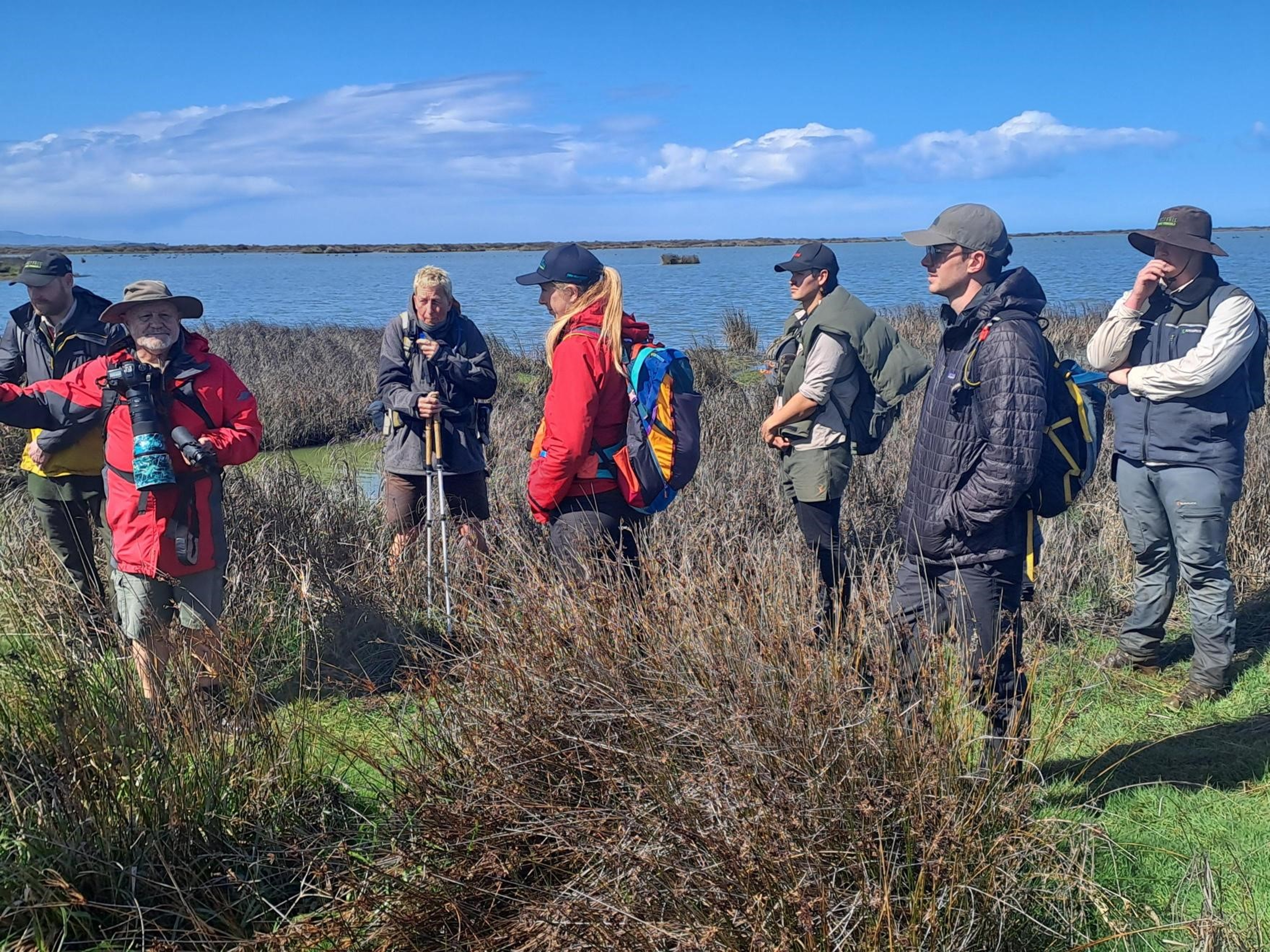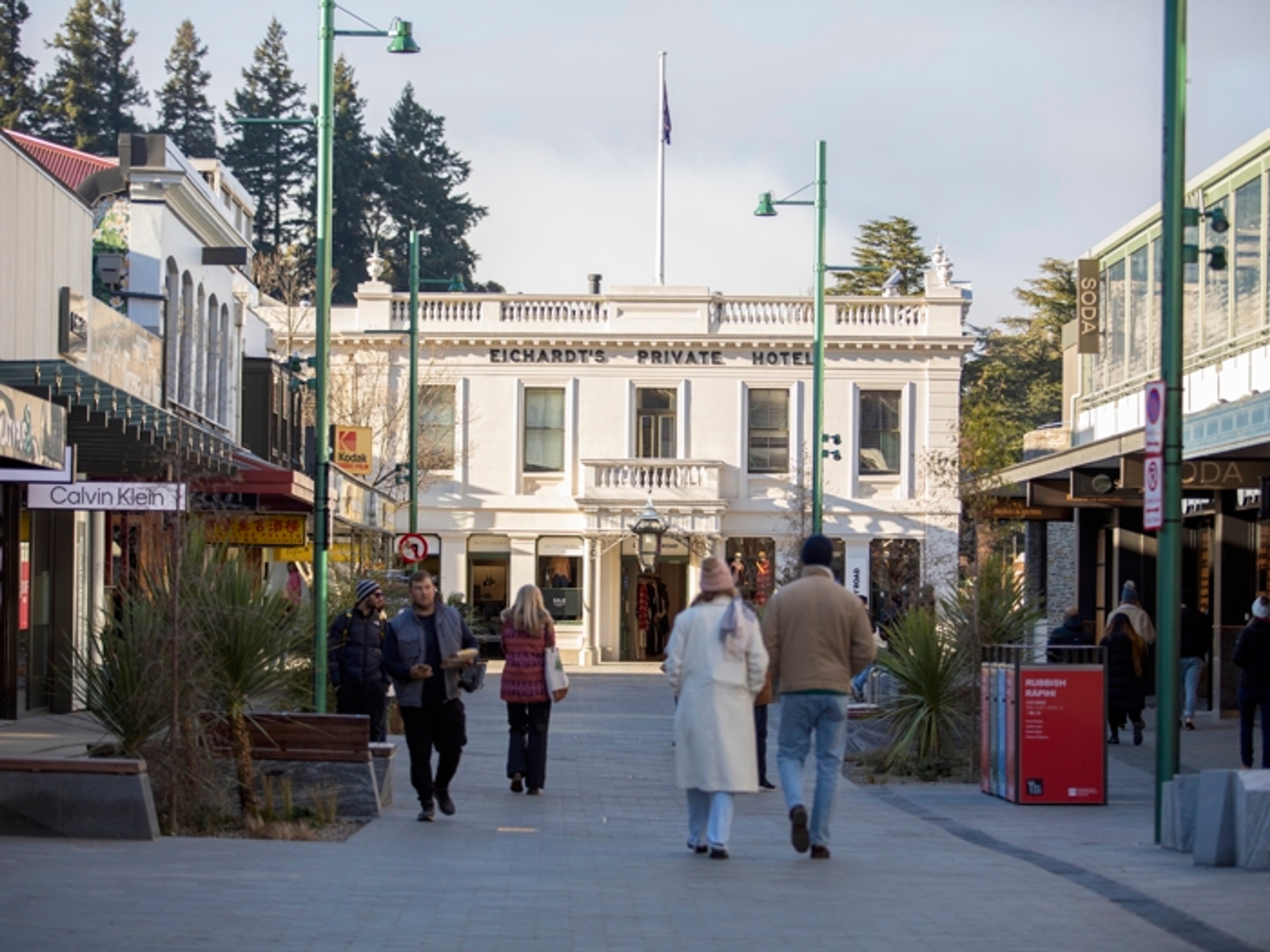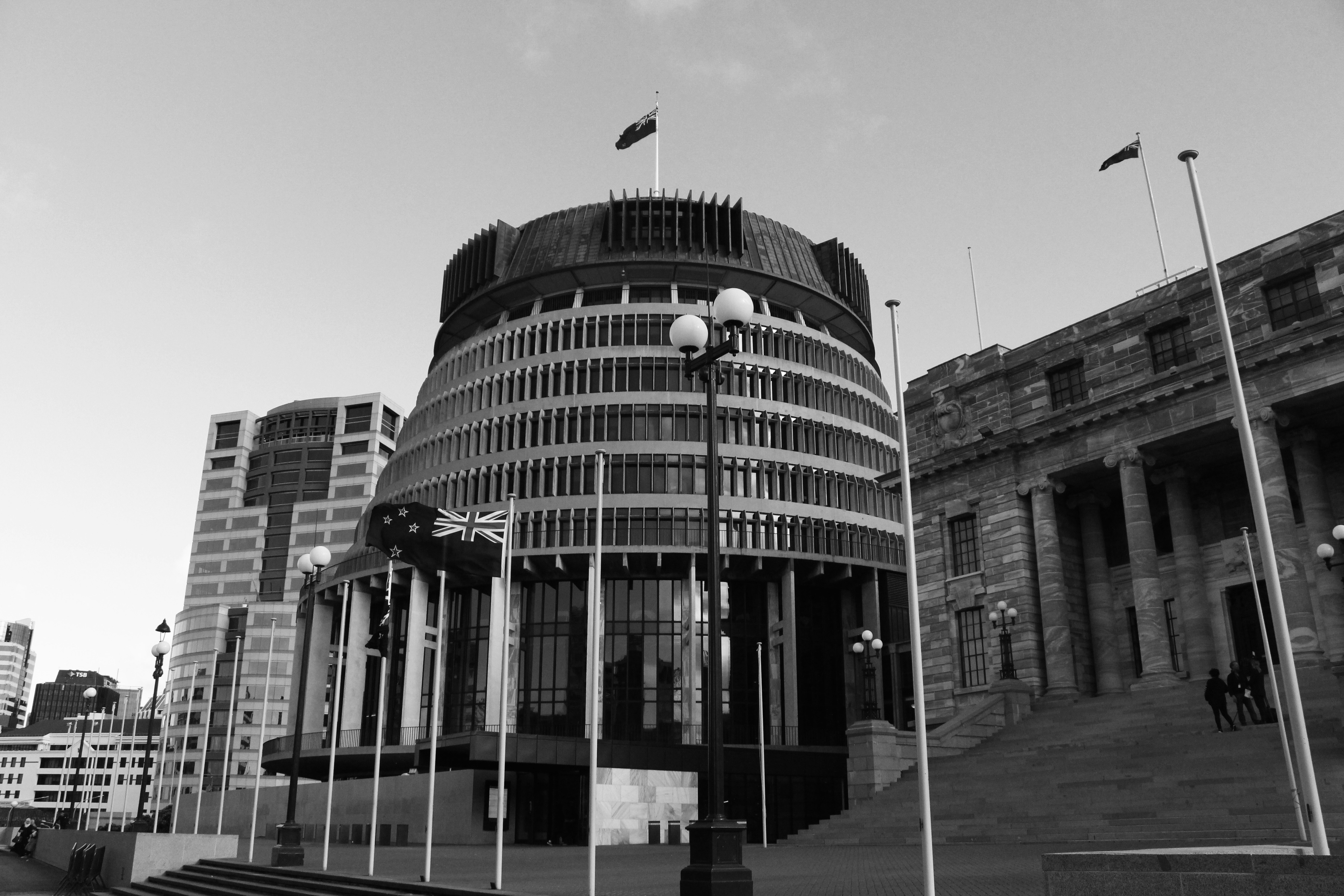NZ Infrastructure shake up – Is a political compromise possible?


Lisa-Marie Richan (L-M)
The Coalition Government has announced details of its National Infrastructure Plan envisaged to span a 30-year period¹. Our Government, Regulatory and Public Affairs specialist, Lisa-Marie Richan, explains how our Coalition Government may approach this and build trust across Parliament for all parties to feel they’ve been heard.
In theory, this timeframe would cover almost 10 general elections and is designed to address the investment ‘certainty’ issue – through cross-party compromise and even a multi-generational period for major projects. This certainty is what many of our clients have been asking the Coalition Government to secure, particularly to provide comfort in return for potential private and international investor partnerships, which may include ‘Regional’ or ‘City Deals’ popular in the UK and Australia.
Minister of Infrastructure, Hon Chris Bishop, is also asking the private sector, non-government organisations, local government and communities to submit their proposals for infrastructure priorities into the plan.
Calling for bipartisan cooperation and receiving it can be a major achievement for any government. Those most successful are normally in times of war or during national emergencies such as we saw during the Pandemic. The 30-year infrastructure plan will require particularly Minister Chris Bishop and the Prime Minister, to build trust across Parliament and for all parties to feel they’ve been heard, not just those part of the Coalition.
This will be challenging, and the Minister readily admits this. To give real effect to the Infrastructure Plan, they must convince all parties that New Zealand’s dire c.$1trillion, infrastructure deficit, is enough of an emergency to work together. Will this mean less opposition around the Fast Track Consenting Bill, and RMA reform? Or even compromise on more controversial parts of this legislation on the Government’s part? Where there is no question, however, is that we are at a crossroads for Aotearoa New Zealand’s economic future.











